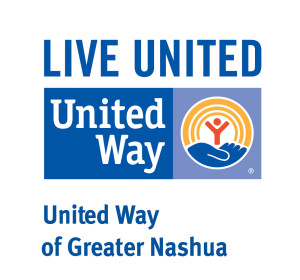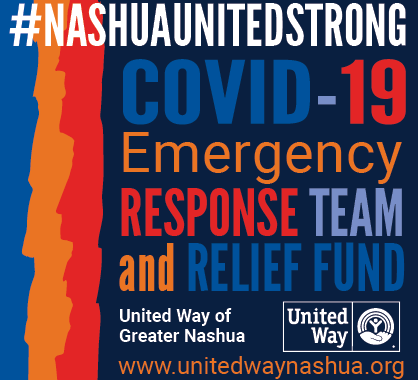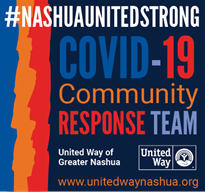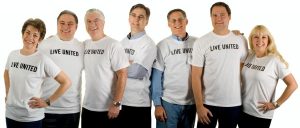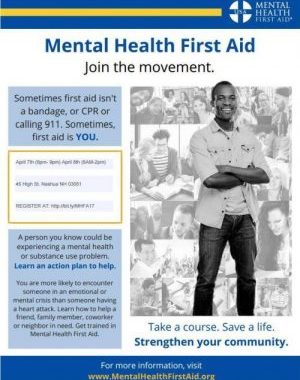
A new approach to first aid
At United Way, our mission is to fight for the health, education, and economic mobility of every person in our community. This past weekend I had some opportunity to reflect on mental health, which continues to be a serious health issue for Greater Nashua. In years past, we have treated mental health as something very different from other health issues, and that can translate not only into how we look at and treat people with mental illness, but also how those same people actually access and receive the healthcare they need to get better.
One relatively new approach is something called “Mental Health First Aid.” I say “relatively new” since this program has only been around since 2001, having first been developed in Australia and now having spread to numerous countries, including the US. Some of you might remember learning about First Aid from Girl Scouts or the American Red Cross. As for me, First Aid was one of my first merit badges as a Boy Scout. I still remember some of those basics like the need for applying pressure to an open wound, how to perform the Heimlich maneuver, and how to properly set a tourniquet. Very few people would argue that these aren’t useful life skills. I also remember, very clearly, that mental health was no part of that merit badge curriculum. However, if you step back and think about it, when we conclude that mental illness is a real, actual disease, and that the symptoms and signs of diseases can be perceived by the lay person, then it follows that there might be an effective first aid intervention for mental illness (just like there is for traditional first aid).
I’m willing to bet that most people reading this article have never heard of Mental Health First Aid, because of its’ relative newness and because, for so many of us, it really breaks the paradigms of how we might previously have thought about mental illness. That said, it should be emphasized that this training is designed specifically for the lay person, the friend, family member, or colleague, who will so often be the very first contact with somebody experiencing mental illness. Our job as first aiders is to be that front line defense to help people ultimately get into effective types of treatment.
For me, this was a very important realization, as I sat and listened to the excellent trainers (Rob and Ian) from Harbor Homes. Just like it’s important to realize that a person is choking, and what the appropriate intervention is, it is important to realize when somebody is having a panic attack, or experiencing depression, or is suffering with bi-polar disorder, or is suicidal, or has a substance use disorder, and how early, effective interventions are virtually always the best course of action. It was equally important for me to realize that it isn’t my job as a “first aider” to diagnose the disease and to get to the root cause. Just like the reason for your heart attack might be clogged arteries from eating too much red meat, the cause of your panic attack might be an early childhood trauma – as the first aider, it makes no difference. My job is to recognize what I’m looking at and to follow a standard protocol of triage, ultimately with the goal of getting the person the professional treatment they need to become healthy again.
At United Way, one thing we focus a lot of attention on is the importance of being an advocate, and this is particularly true of mental health. It is important to emphasize that people aren’t “crazy” or “schizo” or “hooked” but rather that they are truly suffering from real illness, and that these illnesses can be treated. Many people don’t report their illness or seek treatment, however, because of the stigma. They might be scared about how people will see them in the world. Can you imagine, however, somebody not seeking treatment for a broken leg or diabetes? Probably not. One thing I personally will be advocating for at United Way, in particular through the work of our Integrated Delivery Network, is to make Mental Health First Aid training more readily available in our community. I think that if everybody went through this type of training, that they would look differently at how to effectively help their fellow citizens in a time of need, and that this can be an important way to improve the overall health of our community.
On another, VERY different note: last month I mentioned our upcoming springtime Days of Caring. If you would like to volunteer to make a difference in our community with food security or early childhood development, please visit our Facebook page at Facebook.com/UnitedWayGN to learn how you can get involved with both of these great events on April 21st and May 5th. And, as always, thank you for LIVING UNITED in Greater Nashua!
Mike Apfelberg is President of the United Way of Greater Nashua.

